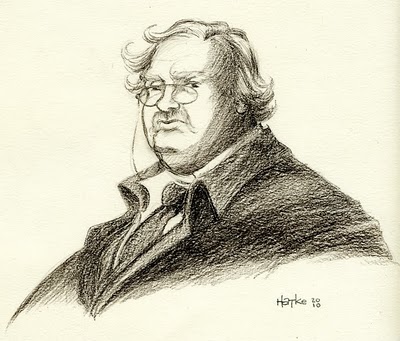Likewise Peter Kreeft has written a book, A Refutation of Moral Relativism, which I can recommend reading. Along with the book, you can read or listen to a lecture he presented which covered the major points in his book.
Here is an excerpt from his lecture:
Moral practice has always been difficult for fallen humanity, but at least there was always the lighthouse of moral principles, no matter how stormy the sea of moral practice got. But today, with the majority of our mind-molders, in formal education, or informal education—that is, media—the light is gone. Morality is a fog of feelings. That is why to them, as Chesterton said, "Morality is always dreadfully complicated to a man who has lost all his principles." Principles mean moral absolutes. Unchanging rocks beneath the changing waves of feelings and practices. Moral relativism is a philosophy that denies moral absolutes. That thought to me is the prime suspect—public enemy number one. The philosophy that has extinguished the light in the minds of our teachers, and then their students, and eventually, if not reversed, will extinguish our whole civilization. Therefore, I want not just to present a strong case against moral relativism, but to refute it, to unmask it, to strip it naked, to humiliate it, to shame it, to give it the wallop it deserves, as they say in Texas, America's good neighbor to the south.



No comments:
Post a Comment